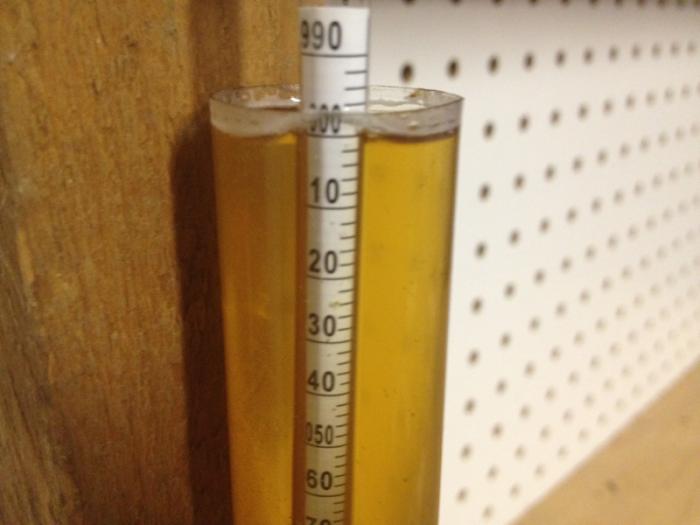Alright I am planning a partial mash for an Imperial IPA, and according to beersmith, using Wyeast 1272, I can't get it below 1.021..any tips on how to do so? Recipe is as follows:
8 lbs 2 row
1 lb crystal 80
.5 honey malt
6 lbs LME
1 oz galena 90 min
1 oz glacier 60 min
2 oz glacier 20 min
2 oz glacier 10 min
2 oz glacier 05 min
Wyeast 1272 w/ starter of course
single infusion mash, step temp 148 @ 60 minutes in 5 gallon cooler
8 lbs 2 row
1 lb crystal 80
.5 honey malt
6 lbs LME
1 oz galena 90 min
1 oz glacier 60 min
2 oz glacier 20 min
2 oz glacier 10 min
2 oz glacier 05 min
Wyeast 1272 w/ starter of course
single infusion mash, step temp 148 @ 60 minutes in 5 gallon cooler



